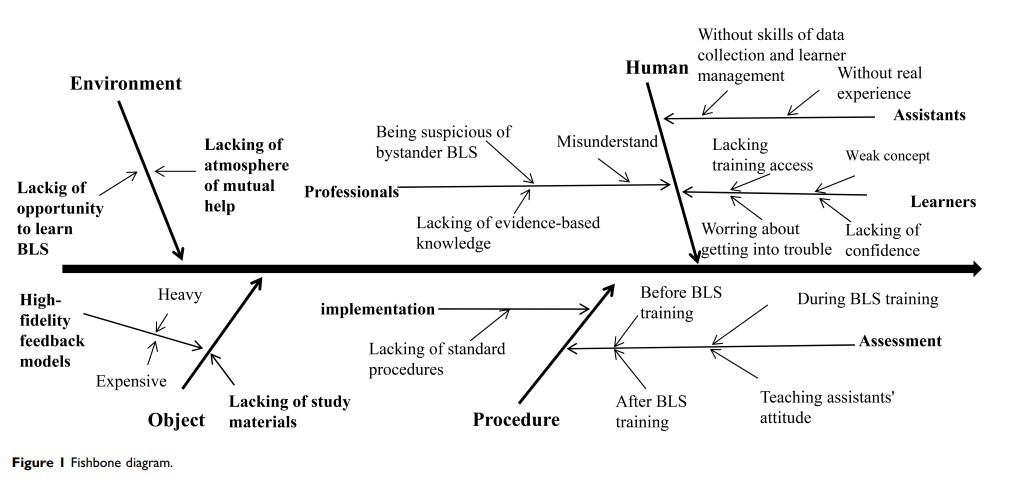109814
论文已发表
注册即可获取德孚的最新动态
IF 收录期刊
- 3.4 Breast Cancer (Dove Med Press)
- 3.2 Clin Epidemiol
- 2.6 Cancer Manag Res
- 2.9 Infect Drug Resist
- 3.7 Clin Interv Aging
- 5.1 Drug Des Dev Ther
- 3.1 Int J Chronic Obstr
- 6.6 Int J Nanomed
- 2.6 Int J Women's Health
- 2.9 Neuropsych Dis Treat
- 2.8 OncoTargets Ther
- 2.0 Patient Prefer Adher
- 2.2 Ther Clin Risk Manag
- 2.5 J Pain Res
- 3.0 Diabet Metab Synd Ob
- 3.2 Psychol Res Behav Ma
- 3.4 Nat Sci Sleep
- 1.8 Pharmgenomics Pers Med
- 2.0 Risk Manag Healthc Policy
- 4.1 J Inflamm Res
- 2.0 Int J Gen Med
- 3.4 J Hepatocell Carcinoma
- 3.0 J Asthma Allergy
- 2.2 Clin Cosmet Investig Dermatol
- 2.4 J Multidiscip Healthc

普通本科生的基本生活支持培训:基于证据的方案开发和实施
Authors Xie C, Jia S, He C
Received 25 April 2020
Accepted for publication 8 July 2020
Published 5 August 2020 Volume 2020:13 Pages 1043—1053
DOI https://doi.org/10.2147/RMHP.S259956
Checked for plagiarism Yes
Review by Single anonymous peer review
Peer reviewer comments 2
Editor who approved publication: Professor Marco Carotenuto
Background: Cardiopulmonary resuscitation (CPR) is an important method to improve the prognosis of patients with prehospital cardiac arrest (CA). Basic life support (BLS) is the first step in CPR and is usually performed by the first witness. However, the general population has poor BLS skills due to the lack of efficient and practical training strategy. Several training initiatives could be used to improve this situation, and the challenge is to find the most efficient one in detail according to the actual setting. Repeated and effective BLS training increase bystander’s confidence and willingness to perform BLS. Evidence-based instructional design is essential to improve the training of lay providers and ultimately improve resuscitation performance and patient outcomes.
Objective: 1) To develop an evidence-based BLS training protocol for lay undergraduates; 2) to implement the protocol and 3) to evaluate the process of implementation.
Methods: Nine databases were searched to synthesize the best evidence. A protocol was formed by ranking evidence and considering university setting and students’ preferences. We implemented this training protocol and evaluated its effects.
Results: We achieved the three aims above. A total of 120 lay undergraduates received BLS training and retraining within 3 months. The students and teaching staff were satisfied with the training protocol and effect. The BLS training process was more clearly defined. The role of teaching assistants and the strategies to sustain training quality was proven to be crucial to the project’s success.
Conclusion: The development and implementation of an evidence-based protocol could elevate undergraduates’ BLS skill and confidence.
Keywords: training, basic life support, evidence-based, cardiopulmonary resuscitation
